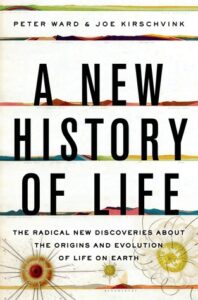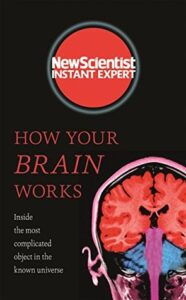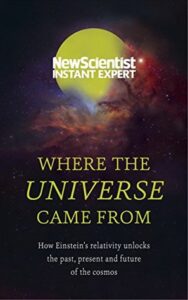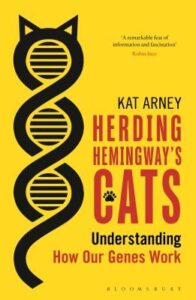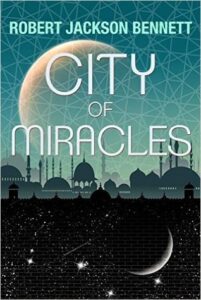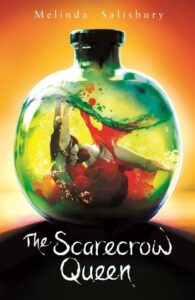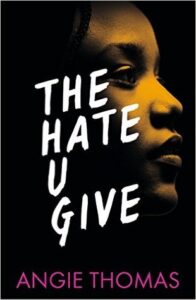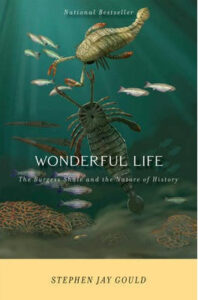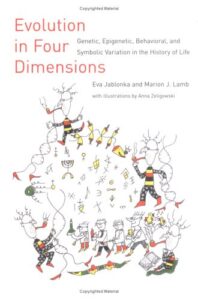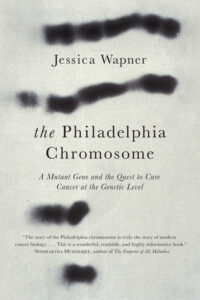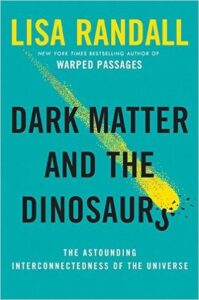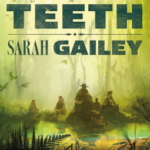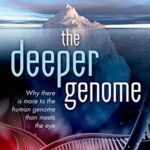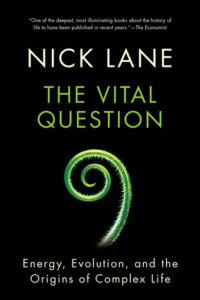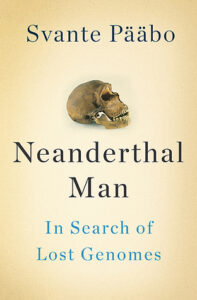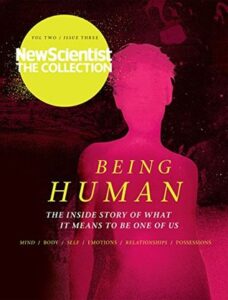 Today’s theme is ten books from [x] genre I’ve added to my TBR. Given that today is my human biology exam (wish me luck!), non-fiction/pop-science seems appropriate here!
Today’s theme is ten books from [x] genre I’ve added to my TBR. Given that today is my human biology exam (wish me luck!), non-fiction/pop-science seems appropriate here!
- Life on the Edge: The Coming of Age of Quantum Biology, by Jim Al-Khalili and Johnjoe McFadden. Quantum biology sounds slightly terrifying, if I’m honest. I understand biology, in general; I don’t understand quantum. But hopefully this book will help, right?
- The Philadelphia Chromosome, by Jessica Wapner. This is about a particular defect found in people in Philadelphia (shocking, I know) which causes cancer, and how it’s contributed to understanding cancer and how to cure it.
- Endless Forms Most Beautiful, by Sean B. Carroll. This has been recommended to me as a good book on “evo-devo”, which is a term I suddenly find cropping up everywhere.
- A Crack in Creation, by Jennifer Doudna and Samuel Sternberg. This is about the gene editing technology CRISPR, which is really fascinating stuff, and apparently this examines some of the ethics of using CRISPR, too. I have high hopes!
- Brain Washing, by Kathleen Taylor. This is one of the Oxford Landmark Science series, which I’m finding a fascinating way of exploring topics I haven’t always read about before.
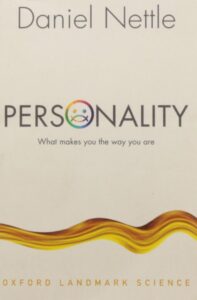
- The Sixth Extinction, by Elizabeth Kolbert. It’s about, well, extinction. I’ve just managed to find this in the library near my parents’ house, so hopefully I’ll be able to read it before I go back to Belgium!
- Vanished Ocean: How Tethys Shaped the World, by Dorrik Stowe. More in the geology/earth science line, but it was recommended in another book I read.
- Shadows of the Mind, by Roger Penrose. I don’t think I’ve read anything by Penrose, so it’s time to fill in a gap. And it’s about brain science!
- Mutants: On the Forms, Varieties and Errors of the Human Body, by Armand Marie Leroi. Right up my street, obviously!
- Personality, by Daniel Nettle. Another one of the Oxford Landmark Science series. How do our brains create personality? Gotta know.

